System Based Conservation Agriculture
Conservation Agriculture (CA) aims to achieve sustainable and gainful agriculture by improving farmer’s livelihood through the adoption of the three principles, i.e. minimum soil disturbance, need-based residue retention and profitable crop rotation. A series of experiments and studies with CA principles applicable to varying crops and soil agro-ecologies have been conducted, but the documentation of system based standardized CA practices remains essential. The present publication deals with the scope and significance of refinement, adoption and dissemination of CA in Indian vis-à-vis global context. Through this book, an attempt has been made to help readers to gain a precise understanding of the role of mechanization and the necessity for suitable modifications in the existing machinery for efficient residue recycling, crop establishment, optimized nutrient and water use, and weed management. Highlighting the collective work of various CA researchers, this reference book helps to understand the aspects like dynamics of macro and micro-nutrients along with the desired management alterations as per the CA principles. For the wider adoption of CA, location-specific crop diversification suited for different soil types has also been discussed in the book. The approaches like integrated farming system and organic farming in conjunction with CA principles for enhanced resource recycling, sustained livelihood in long-term perspective has been documented in the book. The impact of CA on soil quality, technologies designed for adaptation/mitigation for climate vulnerability, economics and system sustainability has been the focal point in the present book.
Get it now and save 10%
BECOME A MEMBER

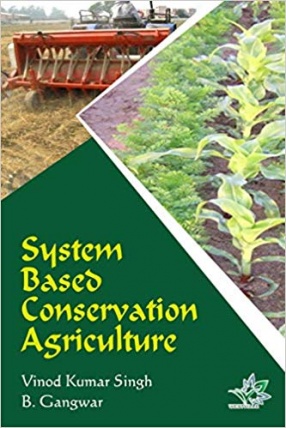

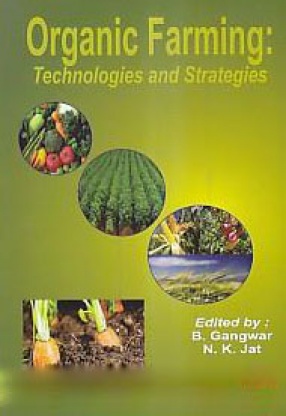
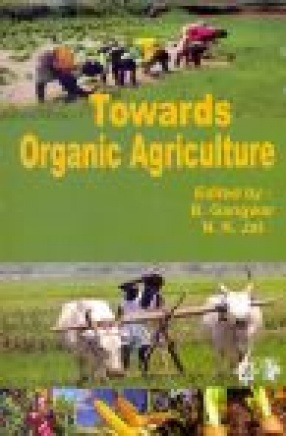
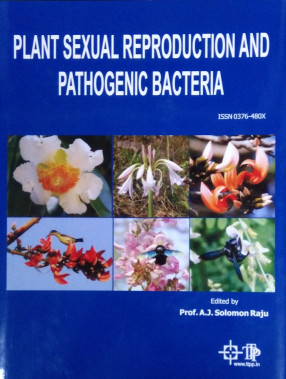
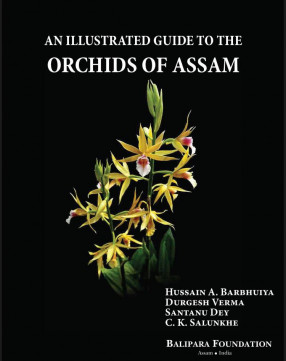

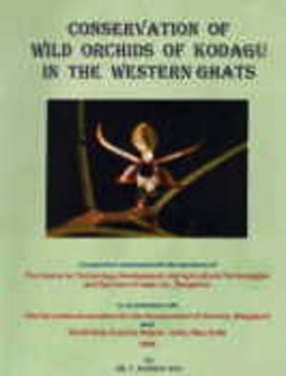

Bibliographic information
B. Gangwar